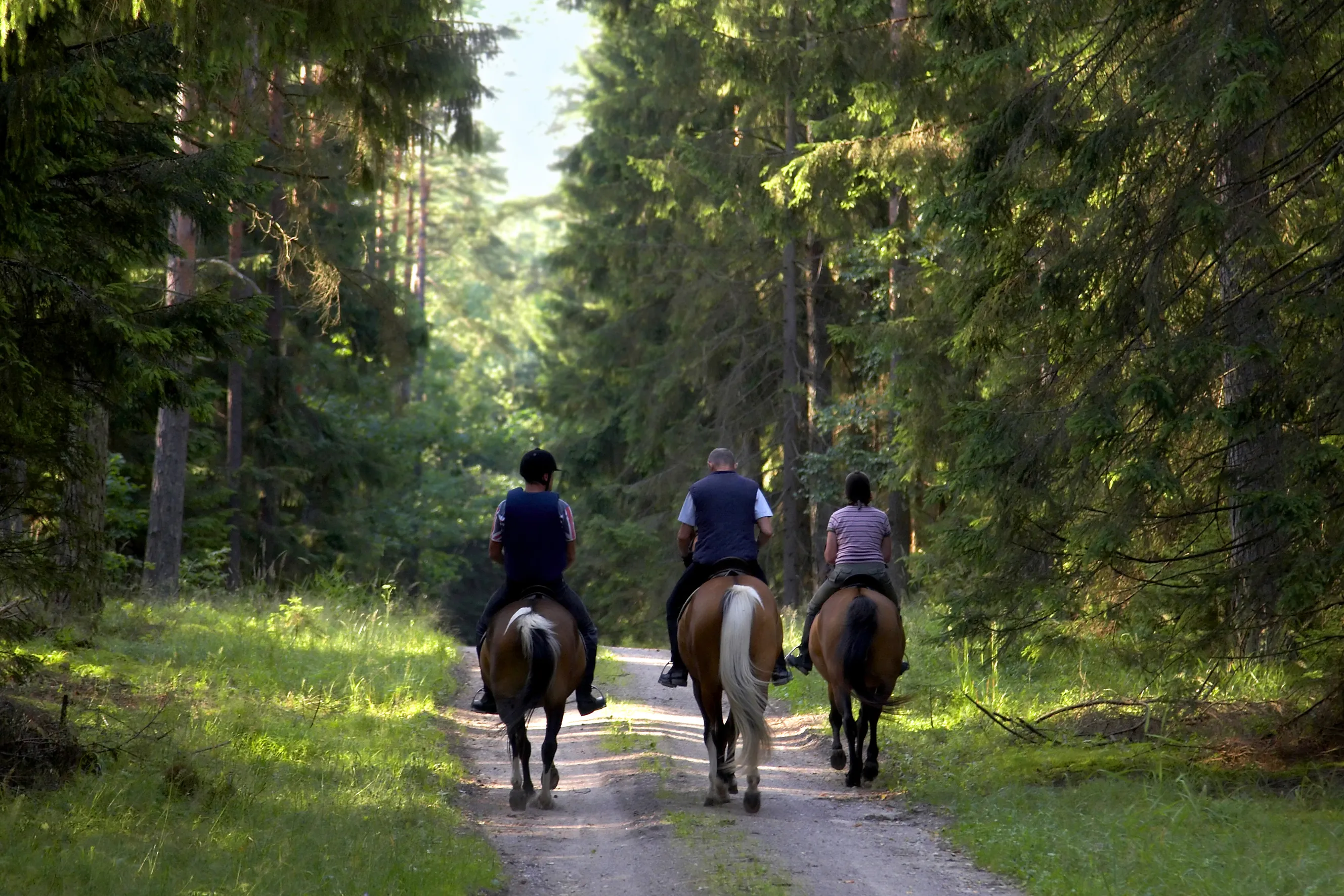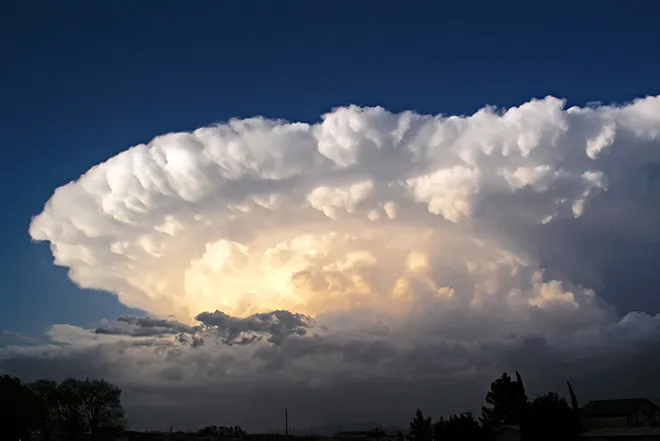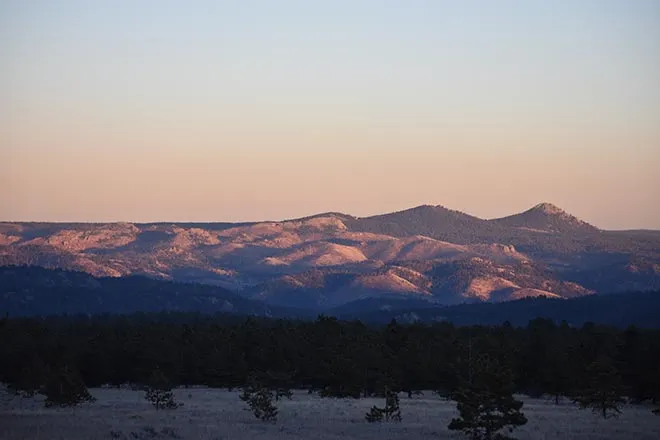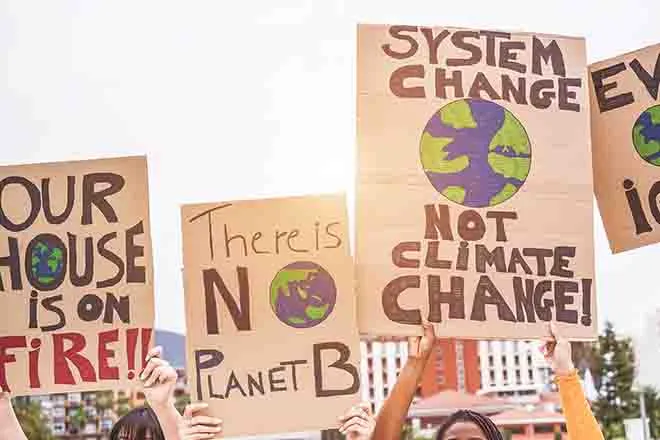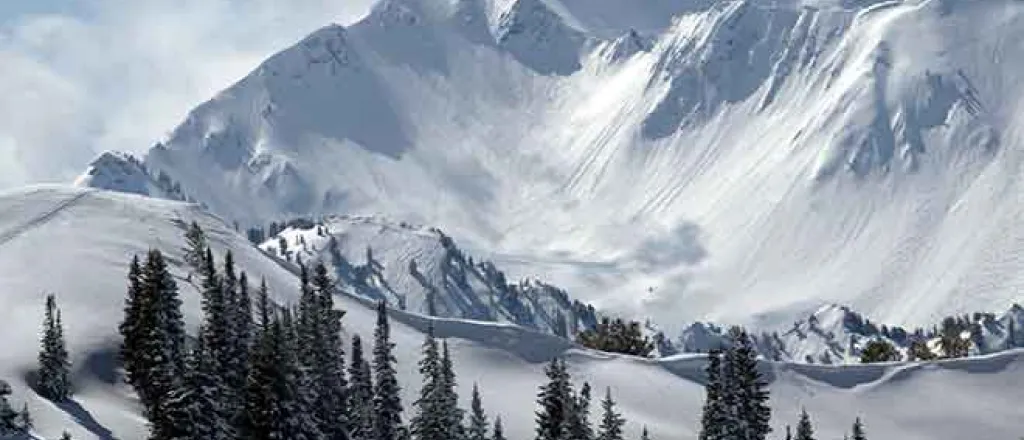
Wyoming could face multiple years of snowless winters
(Wyoming News Service) Wyoming and other western states are projected to see multiple years in a row without any snow as soon as 35 years out if efforts to rein in fossil-fuel emissions fail to meet global targets, according to a new report.
Almost 75 percent of water use in western states comes from snowpack.
Matt Rice, southwest regional director for the group American Rivers, said the report should be a red flag for water managers and policymakers to make plans now for a future with a lot less water.
"How do we build resilience in this new more arid future for the West?" Rice questioned. "It's important to make sure that we have the ability to keep water in rivers, to dedicate water to the environment, for fish, for wildlife."
Rising temperatures already have cut snowpack by 20 percent below 1950s levels, and researchers project by century's end, the vast majority of years -- up to 94 percent -- will see little or zero snowfall. Loss of snow will not just close ski resorts. Scientists already have linked vanishing snowfall to more frequent and catastrophic wildfires.
The first sector likely to see water restrictions will be agriculture.
Rice said investments are needed to help farmers and ranchers retool for more efficient irrigation and conservation, because no one wants to see a mass dry-up on lands across the West.
"And it's not like when you remove water that land comes back with native grasses and plants and shrubs," Rice cautioned. "This is oftentimes land that has been irrigated for 100-plus years, and to take water off of it, it creates a kind of 'deathscape.'"
Recommendations for adaptation include monitoring weather patterns to avoid flooding by capturing increasingly intense, if less frequent, downpours to refill aquifers. While conflicts over water rights have a long history in western states, Rice noted the issue traditionally has cut across political boundaries.
"As scarcity increases, my fear is that it will digress into a partisan issue, or rural versus urban, when it comes to water," Rice stressed. "These challenges are so significant that we can't afford not to all be in this together."


